We may earn money or products from the companies mentioned in this post. This means if you click on the link and purchase the item, I will receive a small commission at no extra cost to you ... you're just helping re-supply our family's travel fund.
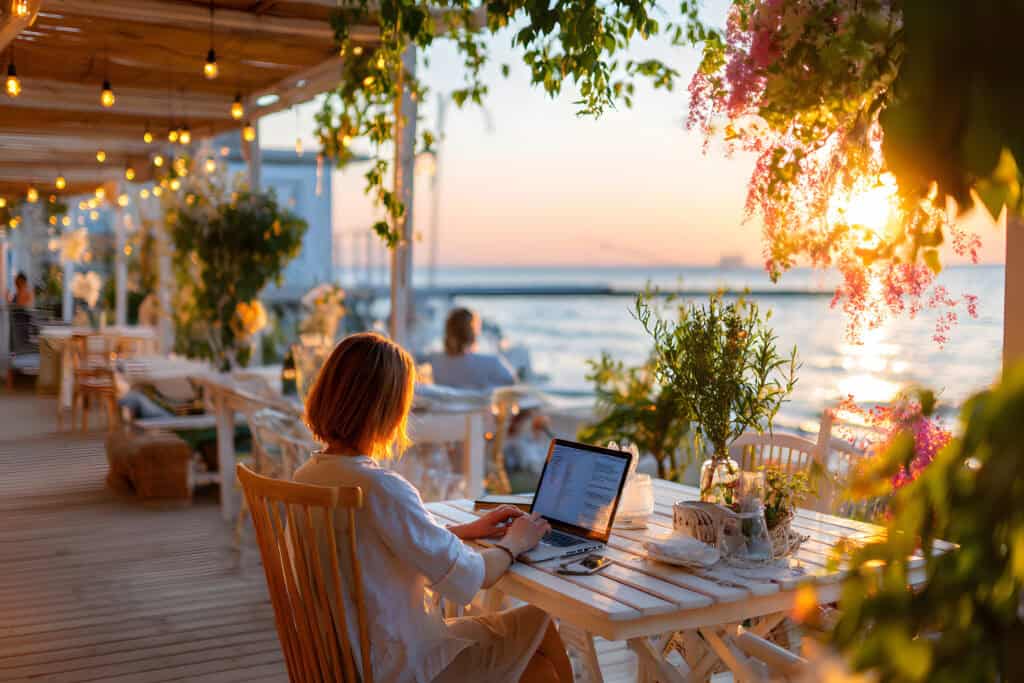
Modern nomads need more than a pretty skyline. Reliable fiber, safe commutes, and professional work hubs turn a long stay into a smooth one. The best cities pair fast internet with thoughtful design: quiet booths, 24/7 access, and staff who understand uptime matters. Cafés welcome laptops without crowding lunch service, while libraries and civic labs add steady backups. Transit links shorten errands; parks extend breaks. What follows is a circuit where work lands cleanly and life fills in the rest.
Lisbon, Portugal
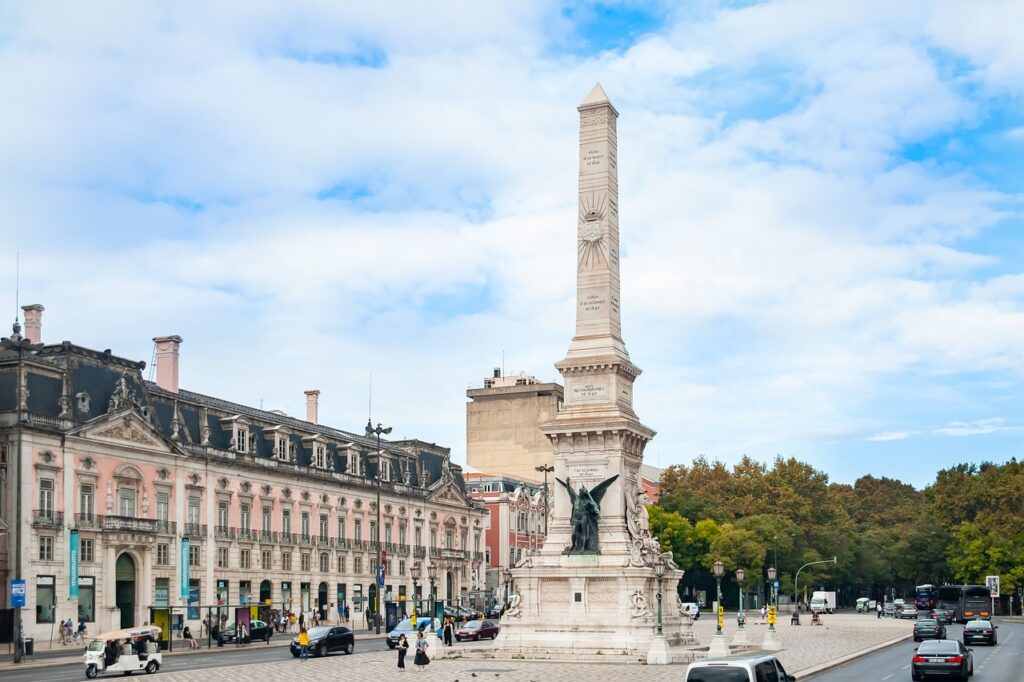
Lisbon blends ocean light with a mature coworking scene that favors restored palaces and modern lofts. Neighborhood hubs in Baixa, Alcântara, and Arroios offer badge access, monitored entrances, and rooms wired for calls. Fiber reaches most blocks; backup power keeps meetings stable during rare dips. Trams and metro simplify cross-town moves, while riverside paths turn midday resets into habit. The culture reads friendly without fuss, and English support smooths banking and rentals.
Tallinn, Estonia
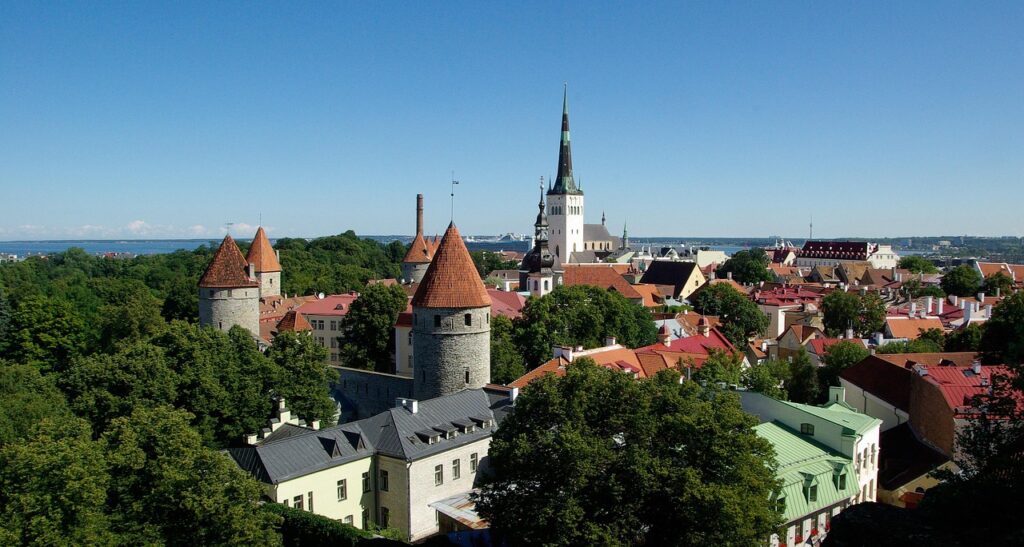
Tallinn treats connectivity as infrastructure, not a perk. E-Residency set the tone; coworking spaces follow with carded entries, quiet floors, and strong privacy norms. Old Town charm gives way to tech parks where conference rooms book by the minute and printers never argue. City Wi-Fi covers key squares, and trams arrive to the second. Lunch culture leans quick and healthy, so afternoons start sharp. Snow or sun, the network stays calm and quick.
Singapore
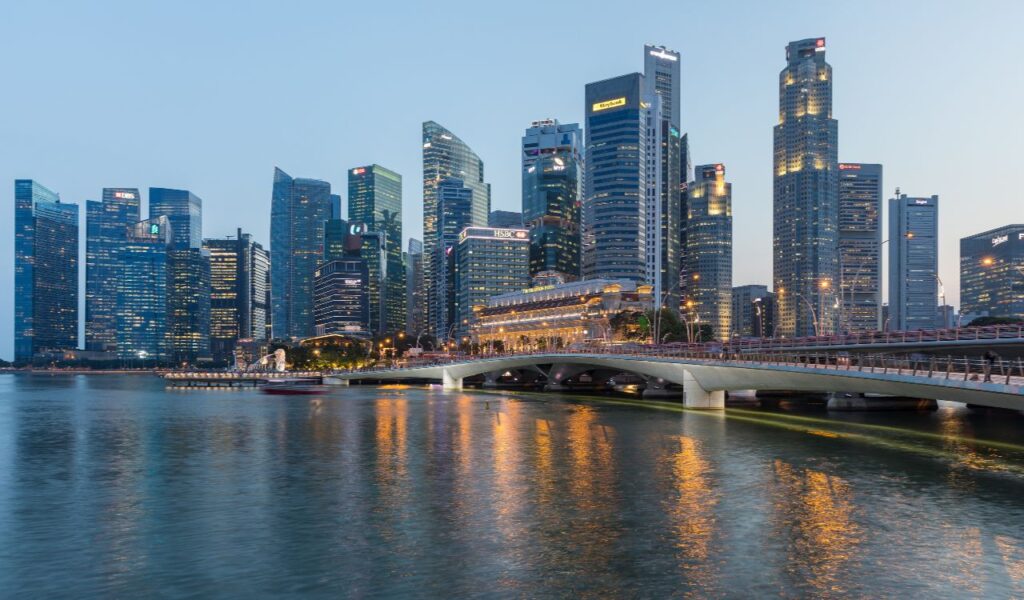
Singapore runs on order and uptime. Coworking towers in the CBD and Bugis pair biometric access with staffed reception and lockers, while business centers double as mailrooms and notary stops. Public Wi-Fi fills malls and transit nodes; cafés expect laptops and keep outlets open. Walkability stacks with spotless trains, making late sessions feel routine. Green corridors break the glass-and-steel run without breaking momentum. The city’s baseline is simple: it works.
Seoul, South Korea
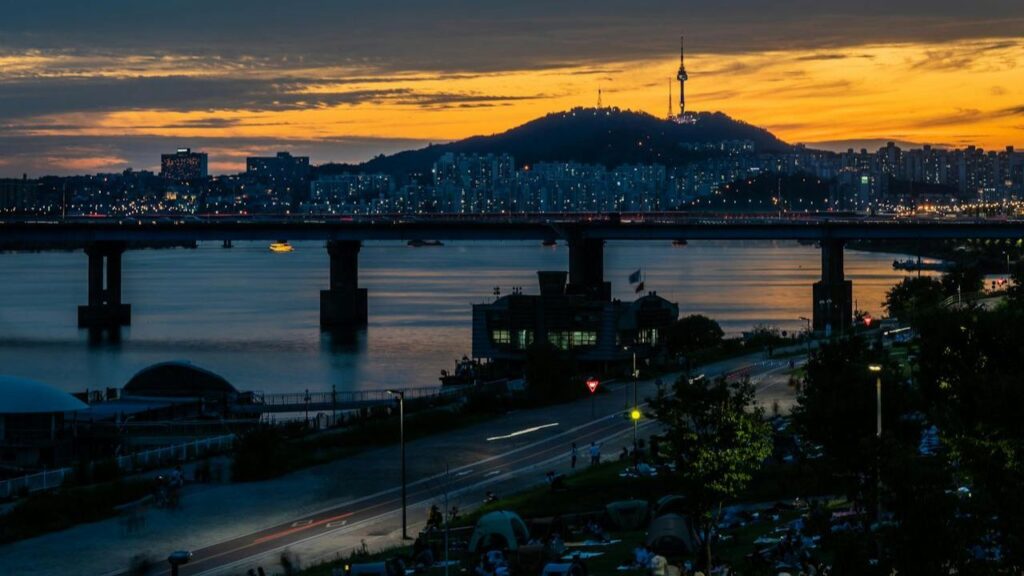
Seoul’s bandwidth sets the bar, and the workspace ecosystem matches the speed. Multi-level hubs in Gangnam and Hongdae offer soundproof pods, hot desks, and monitored lobbies that stay active late. Convenience stores keep snacks and chargers within a 2-minute detour, while subways move crews under rain and rush. Cafés lean bright and generous with sockets. Even after dark, main streets feel busy and watchful, so schedules can stretch without stress.
Taipei, Taiwan
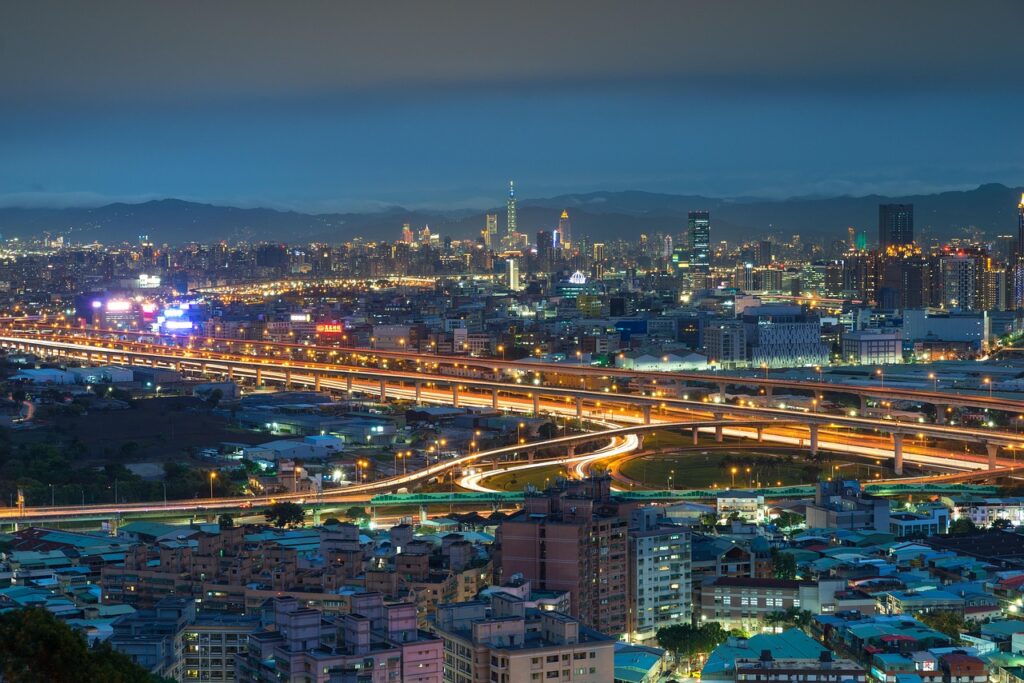
Taipei feels designed by people who value focus. Coworking studios in Da’an and Xinyi layer quiet areas, secure lockers, and podcast rooms around dependable fiber. Public libraries and cultural centers offer polished backup tables with strong Wi-Fi and calm staff. Night markets supply quick dinners; the metro dissolves distance. The city’s safety record shows in late-evening stations and well-lit lanes. It’s easy to keep a rhythm: morning coffee, clean meetings, unhurried nights.
Tokyo, Japan
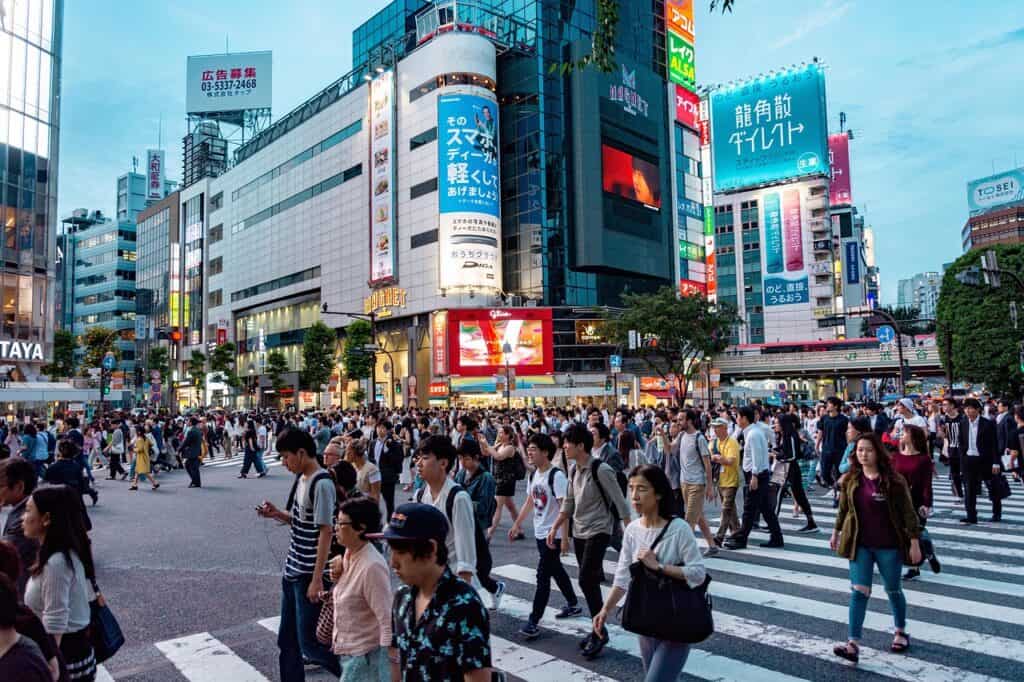
Tokyo’s precision shows up in work habits. High-rise hubs in Marunouchi and Shibuya run tight access control, staffed floors, and phone booths that actually seal. Even neighborhood cafés post silent zones and deliver flawless Wi-Fi with steady outlets. Trains arrive on schedule; stations feel safe at odd hours. Parks like Ueno and Yoyogi add fresh air between sprints. Small courtesies—headphone etiquette, tidy desks—scale up to a workday that cooperates.
Copenhagen, Denmark
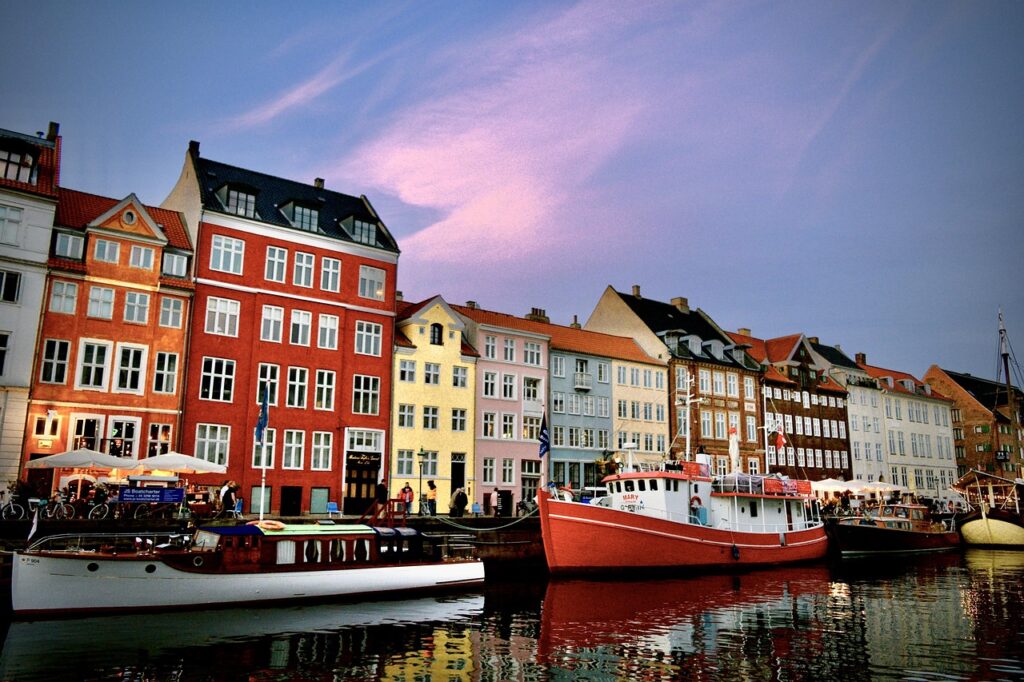
Cycling lanes, clean design, and humane schedules make deep work feel normal. Coworking spaces in Vesterbro and Nørrebro favor daylight, acoustic panels, and secure entries. Municipal libraries add quiet floors with strong networks and study rooms bookable by app. Cashless culture and efficient transit keep errands short. Evenings tilt to canals and casual food halls, so teams can downshift without logistics dragging. Privacy standards and reliable IT form a calm backbone.
Dubai, United Arab Emirates
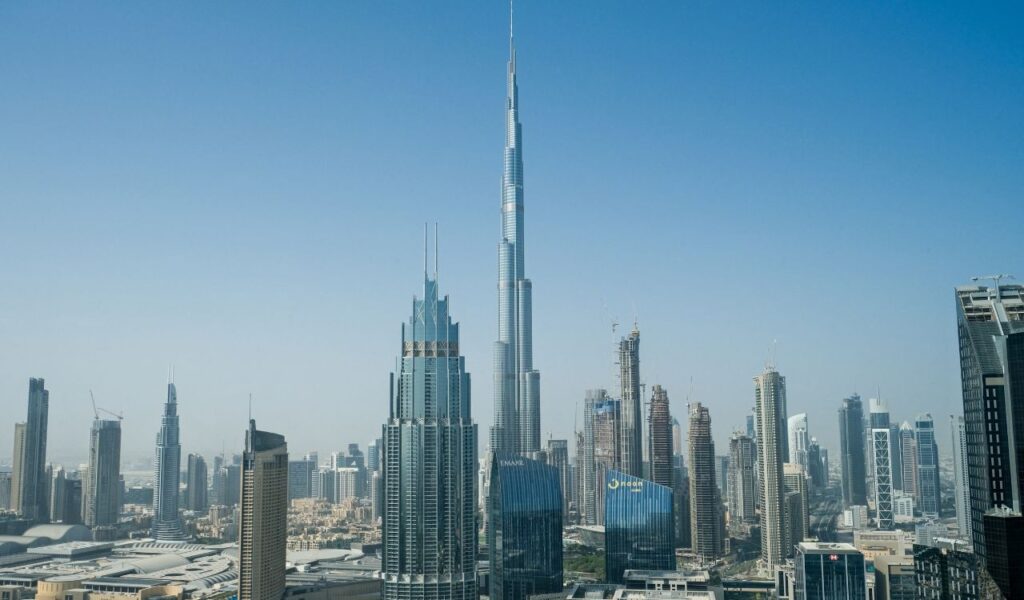
Dubai pairs big-city gloss with serious infrastructure. Downtown and Media City hubs layer reception, CCTV, and access cards over glassed-in booths and boardrooms. Backup power and redundant internet are standard; conference facilities can scale on demand. The metro spans major districts; late-night taxis are easy and regulated. Cafés in JLT and City Walk offer fast Wi-Fi and ample plugs. Warm weather pushes breaks indoors, where lounges stay cool and quiet.
Melbourne, Australia
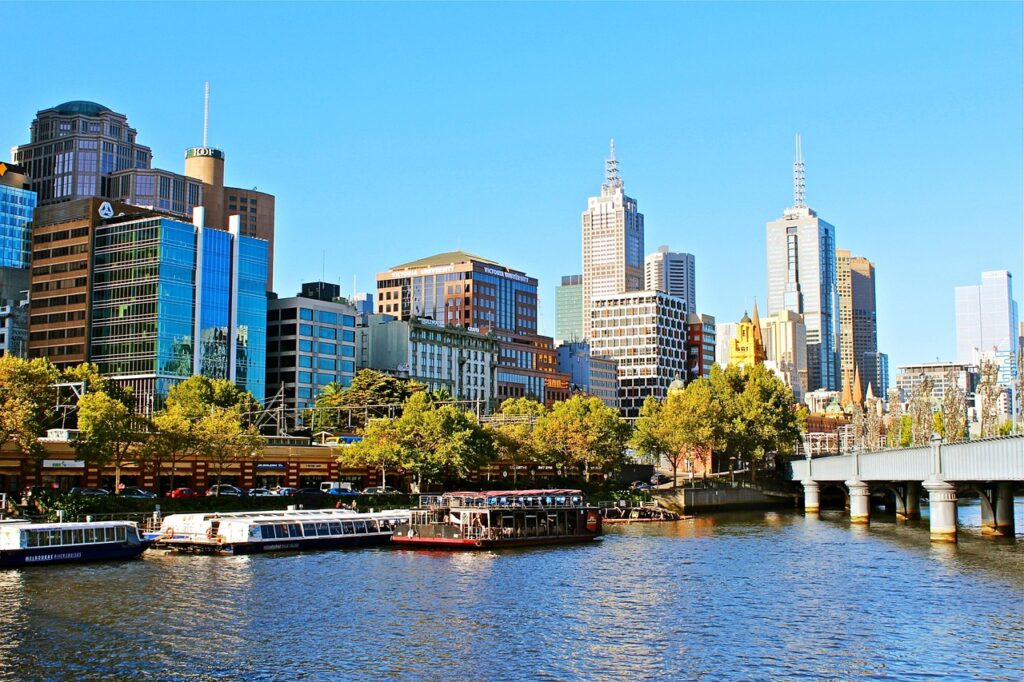
Melbourne’s lane-way culture hides excellent offices behind espresso bars. Carlton, Collingwood, and the CBD host spaces with 24/7 badge access, bike storage, and showers that encourage run-commutes. Public libraries deliver strong Wi-Fi and bookable rooms without friction. Trams knit neighborhoods together; safety feels steady after dark on main routes. The city’s calendar packs festivals and sport, but work zones keep the noise at bay when deadlines gather.
Vancouver, Canada
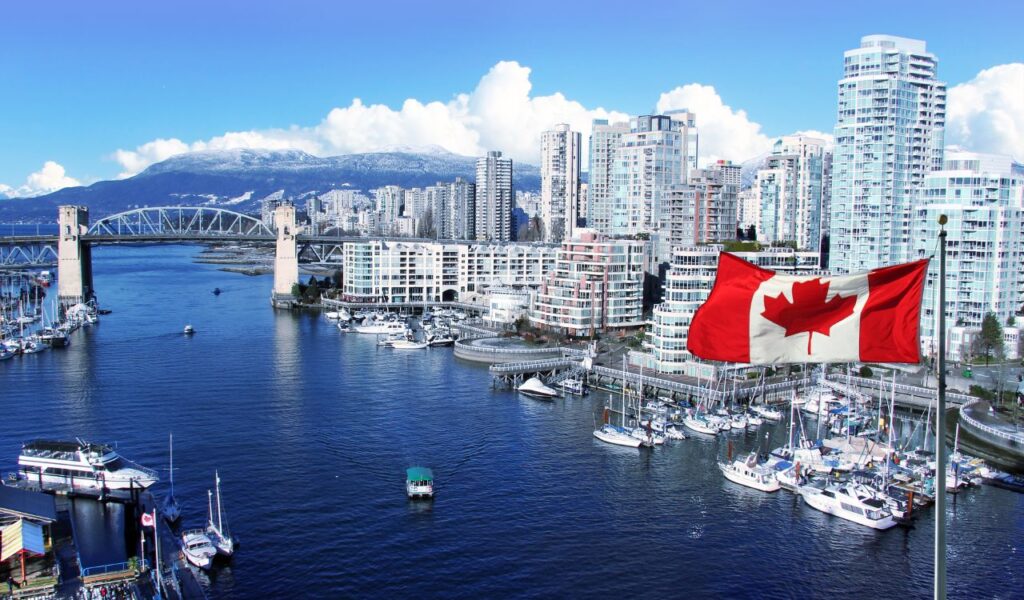
Mountains frame a city that takes security and comfort seriously. Downtown hubs run staffed receptions, carded doors, and quiet areas that respect calls. Community centers and libraries provide reliable backup seating with fast connections. SkyTrain shortens commutes; seawall paths reset posture between sprints. Cafés pour carefully and tolerate laptops without side-eye. Even in rain season, the network holds steady, and shared offices stay bright and orderly.
Barcelona, Spain
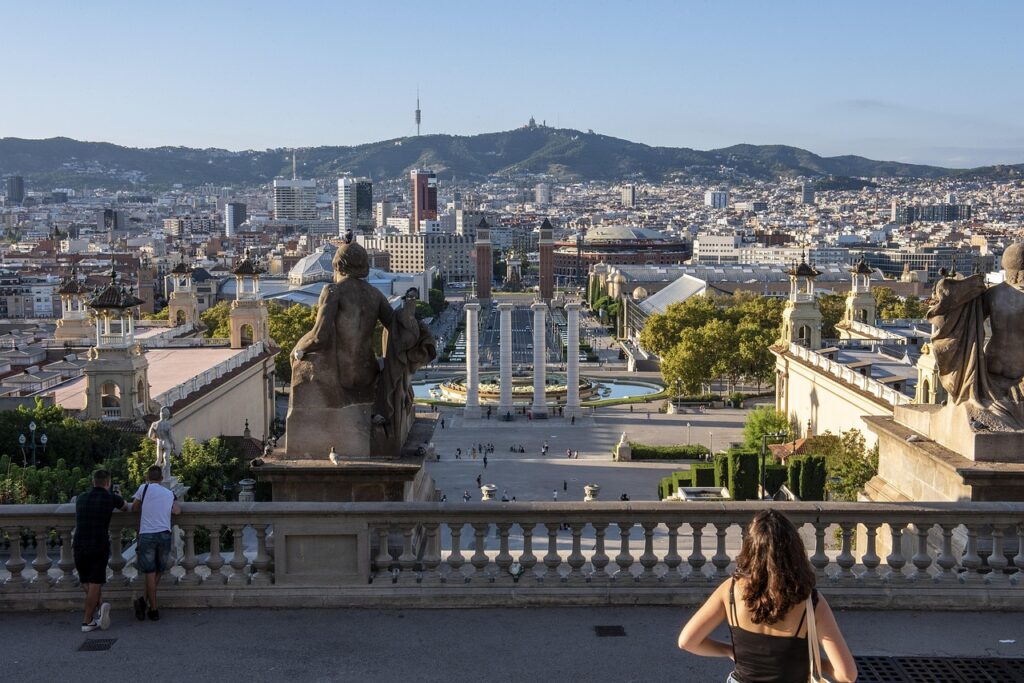
Barcelona balances style with systems. Poblenou’s tech district stacks light-filled studios, secure entries, and phone booths over fiber that rarely hiccups. The metro and bike lanes shrink the map; beach promenades pull stress down to size after long blocks of focus. Cafés expect laptops outside peak lunch hours and keep Wi-Fi crisp. International teams find services in familiar languages, and co-ops host meetups that solve problems faster than threads.
Kuala Lumpur, Malaysia
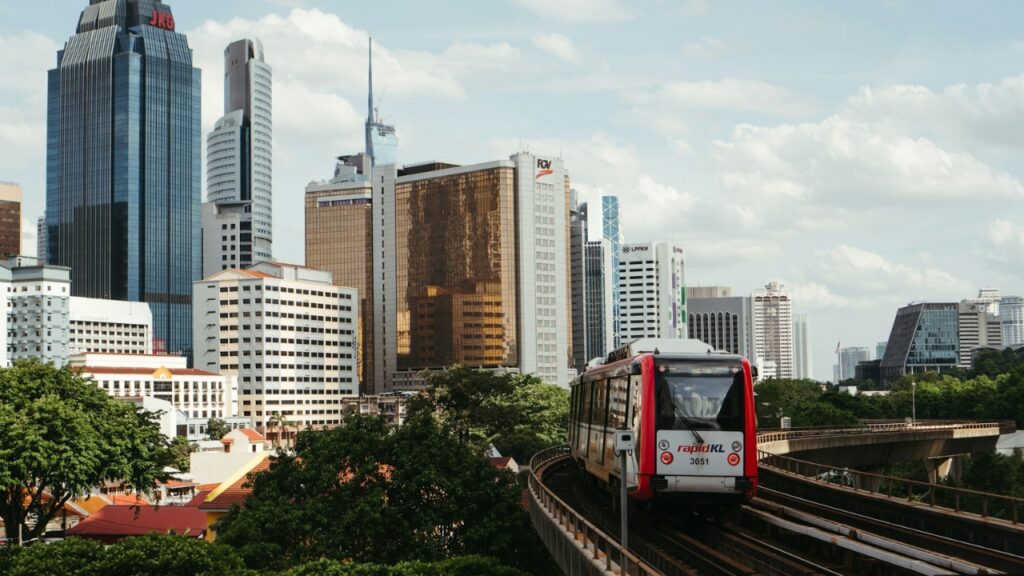
KL delivers value without skimping on features. Towers in Bangsar South and KLCC house hubs with card access, staffed lobbies, and server-friendly rooms. Fast fiber pairs with stable mobile data for failover, and malls provide cool, secure walkways between errands. Monorail and LRT keep rides predictable. Food courts turn breaks into quick, varied meals that don’t slow afternoons. The result is practical comfort: strong Wi-Fi, safe buildings, and days that click.